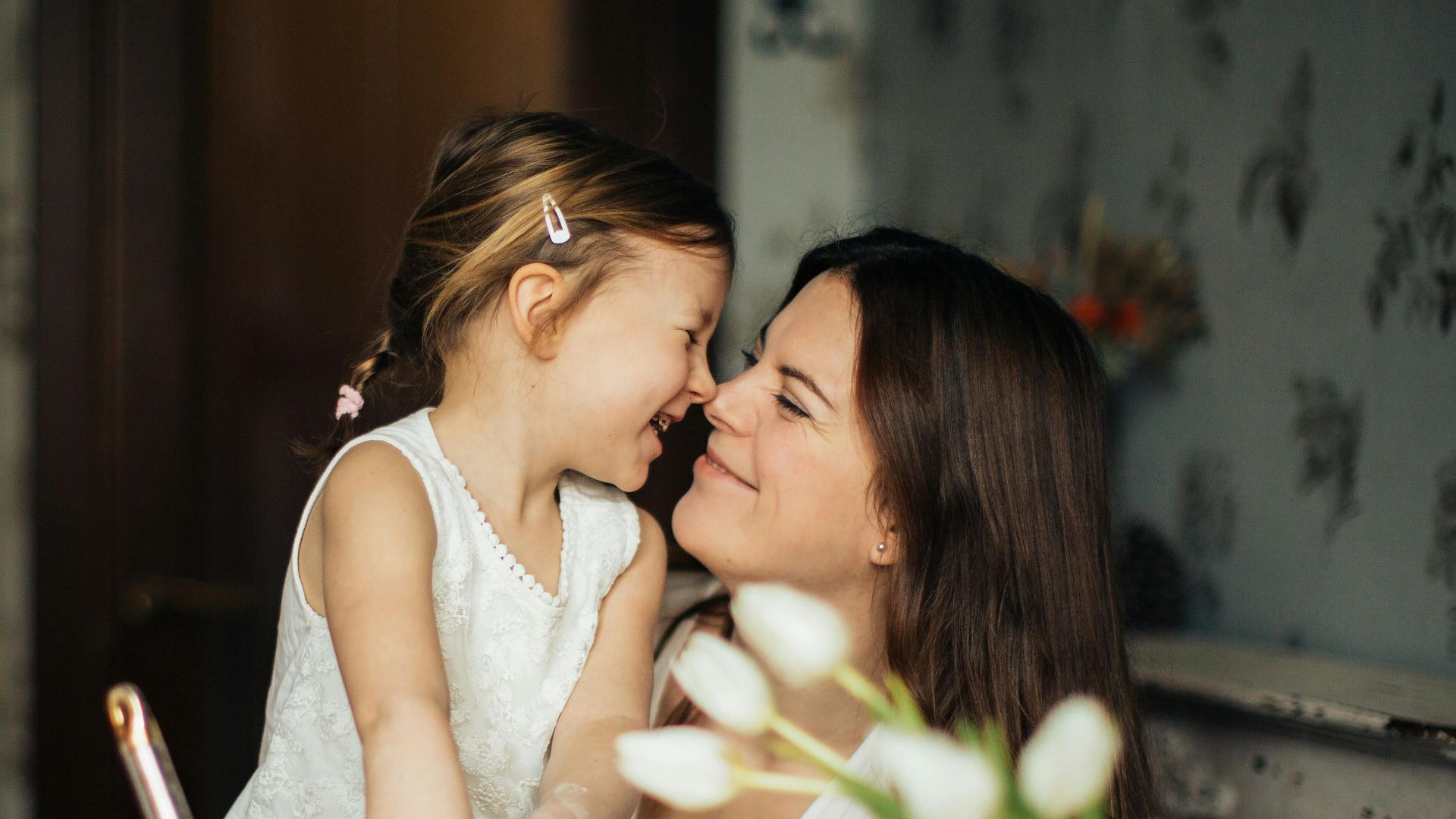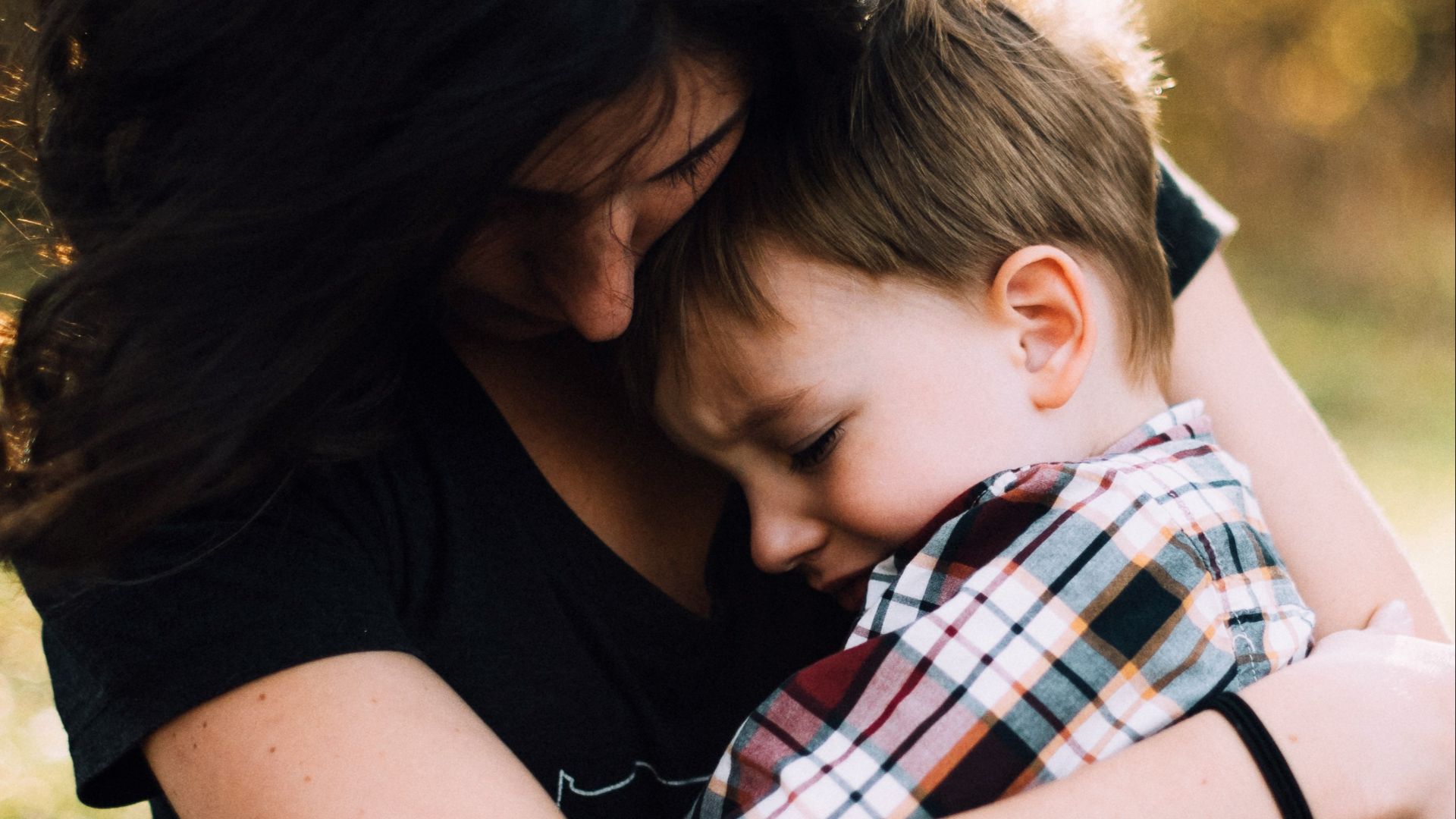10 Things Parents Should Never Say to Their Children & 10 Encouragements to Say Instead
10 Things Parents Should Never Say to Their Children & 10 Encouragements to Say Instead
Parenting 101: Swap Hurtful Words for Encouragement
Kids are impressionable, and in the first few years of their lives, the things you say to them can greatly shape their world and the way they see themselves. That's why it's so important to be careful with your words and avoid saying things that dismiss or invalidate their feelings, or make them feel inadequate. Wondering whether you've given good or bad parenting? Here are 10 things you should never say to your kid—and 10 encouraging praises to say instead.
1. You're Useless
It goes without saying that this is something you should never say to your child. Expressions like this hurt self-esteem, which can greatly affect confidence as they grow up. They may start to believe that everything they do and all the effort they put in doesn't matter.
2. I'm Disappointed in You
Sure, there are instances when you might be disappointed with something your child did, such as pushing someone or saying a hurtful word. But saying you're disappointed in them—and not the behavior—will make them associate the negative with themselves and not the wrongful action.
3. Suck It Up
Telling your child to "suck it up" when they're hurt or faced with a challenge can invalidate their emotions and make them feel like they shouldn't be feeling that way. They may grow up thinking that their feelings don't matter—which may lead them to suppress their emotions than let them out.
4. What's Wrong with You?
Before they grow up and learn from their mistakes, kids can do some questionable things. But asking something rhetorical like "What's wrong with you?" with an accusing tone won't make them reflect on their behavior in a positive way, especially if you don't teach them the correct thing to do. They may even end up thinking something is actually wrong with them.
5. Why Can't You Be More Like ___?
Constantly comparing yourself to others only hurts self-esteem. We're all unique and beautiful in our own way, with our own quirks and traits, and that's something you should be teaching your child as well from a young age. Avoid saying things that will make them feel inadequate and force them to think they need to be different.
6. Stop Crying, It's Not a Big Deal
Think back to the last time you cried. No matter what triggered it, it was still hurtful enough that it caused that reaction from you. To you, it was a big deal. When parenting, apply that same mindset. While it might not seem like a big deal to you, that doesn't mean you can invalidate your child's feelings.
7. You're Too Sensitive
Again, this is another expression parents often use to brush off their kid's emotions. Instead of controling how your child should feel, let them express themselves and release their feelings however they like. Otherwise, they'll start to doubt and second-guess themselves.
8. You Need to Lose Weight
Weight is a sensitive topic, and if it's taboo enough to talk about it as adults, then you shouldn't be mentioning it to your child. Telling them that they "need" to lose weight will not motivate them; they'll only form body image issues and low self-esteem.
9. Think with Your Brain
Again, you're bound to make mistakes or encounter difficult problems growing up. Not knowing how to solve or approach those problems does not mean you're not smart or intelligent enough. Saying hurtful phrases like this to your child will only make them more reluctant to share their ideas, thoughts, and opinions.
10. You're So Dramatic
Similar to "You're so sensitive," both these phrases invalidate your child's feelings. Again, no matter how they react to something, you should be allowing them to feel comfortable enough to release their emotions how they like—not encouraging them to suppress them.
What, then, are better things to say to your child? Let's explore 10 positive praises and expressions to say instead that offer love and support.
1. I Am So Proud of You
Telling your child that you're proud of them and the effort they put in encourages them to work harder and feel good about themselves. This kind of statement is especially uplifting when your child has doubts about their qualities or abilities, and shows them you respect and support them.
2. I Believe in You
When a child begins to question themselves and feel inadequate, telling them you believe in them can restore their confidence. After all, it helps to know that someone believes and trusts we can do well, even if we doubt ourselves in the moment.
3. You Are So Creative/Kind/Smart
Whenever your child does something that impresses you, tell them! Shower them with praise and let them know they did well. This will motivate them further to achieve their goals and strive to work harder and continue growing.
4. You're Enough Just as You Are
Your child may experience conflicting emotions and changes as they grow up. They may develop low self-esteem or image issues and feel like they're not smart, kind, beautiful, or good enough. That's why it's so important you let them know, from a young age, that they're enough just the way they are.
5. You Don't Need to Be Perfect
Sometimes, your child may feel upset that something didn't go the way they wanted. They didn't get an A on that assignment. They didn't draw something correctly. They couldn't fully solve a math problem. But telling them that their effort is enough and that they don't need to be perfect encourages them to focus on the positive, not the negative.
6. It's Okay to Make Mistakes
Making mistakes is normal and they're necessary for us to learn and grow. Let your children know that hiccups and errors don't define their overall worth and competence—these blips only serve to push us further and help us become a better version of ourselves.
7. What's on Your Mind?
You might not think this is a line of encouragement, but just simply asking your child what's on their mind gives them space to share their thoughts and feelings. Instead of guessing or controling how they should react, it's more motivating to let them speak for themselves.
8. Your Ideas & Opinions Matter
Another way to allow your child to freely express themselves is to tell them explicitly that their ideas and opinions matter. Their perspectives matter. This is especially encouraging when you ask what they think or how to approach certain situations and problems instead of immediately showing them what to do.
9. You're Strong & I Know You've Got This
Telling your child that you know they're strong enough to tackle anything that comes their way instills confidence. They'll be much more likely to grow up having that same trust and belief in themselves if they were taught from a young age that they can do it, and that nothing is impossible.
10. You Should Be Proud of Yourself
While it's important to let your child know how proud you are of them, it's just as crucial that they know this themselves. So encourage them. Let them know. Every time they put their all into something, celebrate it!




























